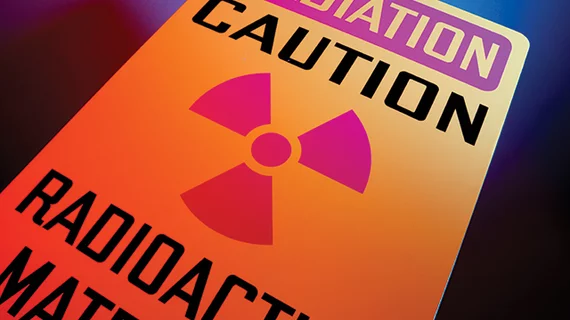Nuclear Regulatory Commission votes down controversial Authorized User Criteria changes
After stakeholders introduced a plan to reduce the traditionally strict radiopharmaceutical authorized user (AU) requirements, the United States Nuclear Regulatory Commission (NRC) has voted down the motion.
In a statement released on Feb. 3, the ACR commended the NRC's decision to prioritize radiation safety and uphold the current AU criteria that is already in place. Current AU regulations require professionals to be adequately trained to handle unsealed diagnostic and therapeutic radiopharmaceuticals.
“I consider the radiation safety competency of Authorized Users to be one of the most important issues to ensure adequate protection of patients, healthcare workers, the public and the environment," NRC Chairman Christopher T. Hanson said.
Currently, AU eligibility is achieved via board certification that is recognized by the NRC. The Rulemaking Plan for Training and Experience Requirements for Unsealed Byproduct Material, which was introduced in 2020, sought to loosen restrictions pertaining to who could handle various unsealed radiopharmaceutical materials, suggesting increasing inclusivity to subspecialty boards outside of radiology.
Manufacturers of these products supported the measure. However, experts in the field, including the ACR and other medical stakeholders, cited safety concerns.
NRC Commissioner, Jeff Baran, also acknowledged safety concerns among relevant stakeholders.
“Many stakeholders offer persuasive arguments that the current training and experience framework is working effectively to ensure radiological safety and is not resulting in a shortage of authorized users to administer radiopharmaceuticals,” Baran stated.
You can view the full ACR statement here, as well as the documentation of the NRC Commissioner’s decision here.

